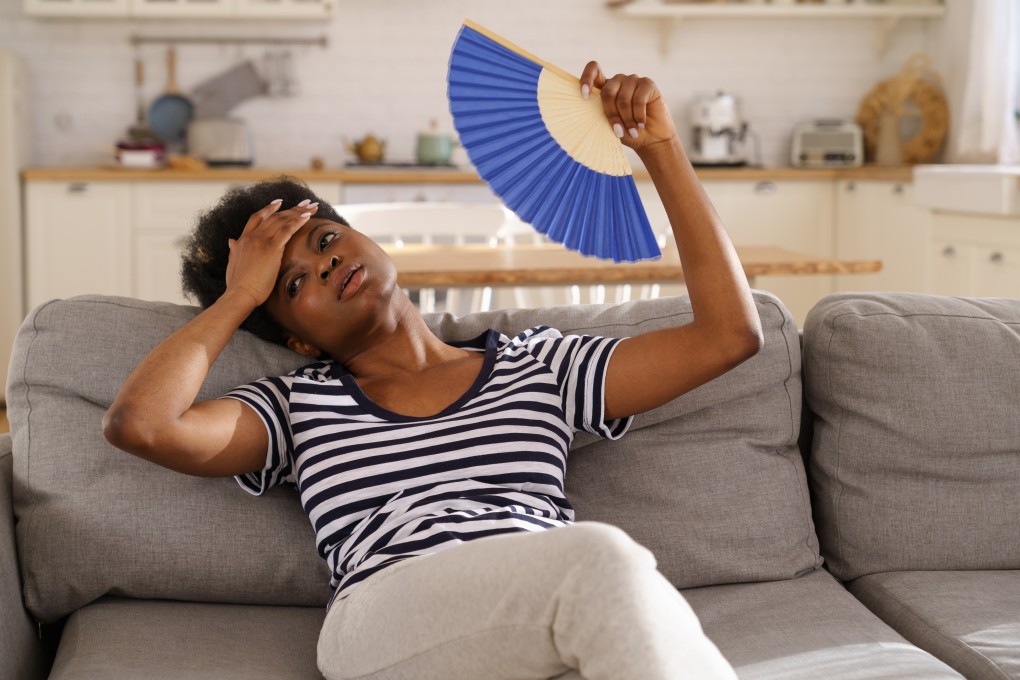Heatwaves kill, and climate change means they're getting worse.
When UK meteorologists predicted a post-lockdown heatwave most people responded with delight. In a country synonymous with grim weather, warmth and sunshine are regarded as a welcome respite. But in many other parts of the world, scorching temperatures are a cause for concern. Heat kills, and climate change is making them much more deadly. Estimated death tolls for the record-breaking heatwaves that recently boiled parts of America and Canada are 200 and 500 respectively. A European heatwave in 2003 has been blamed for the early deaths of 70,000 people.
A few things make people more vulnerable to heatwaves. The first is being older or having underlying medical conditions. The second is having the sort of job that requires a lot of outdoor or manual labour. The third is being in shoddy buildings that are not heat-resistant, and the last is living in cities. (Cities have less open space and lots of heat-trapping material like tarmac and glass in them.)
If the world continues to follow current economic trends it will minimise some of these issues and exacerbate others. Overall, human society has become much richer and much more technologically advanced over the last couple of centuries, although these gains have been spread unevenly and are concentrated in richer countries. Because as poorer countries ‘catch up’ their societies tend to shift to look more like their richer neighbours, economists can use this information to make reasonable predictions about what heatwave danger points might look like in the future.
As poorer parts of the world grow richer, more people will probably move away from manual to white-collar work (with robots and other tech taking over the most dangerous jobs), move into higher-quality homes with facilities like air conditioning, and have access to improved medical care. All those things will reduce heatwave deaths. However, it's also likely that more people will migrate to urban areas and live to an advanced age - both things that will increase their vulnerability to hotter temperatures.
A big focus for governments and societies who wish to prevent excess deaths in the future should therefore be finding ways to make cities cooler. Ideally, such schemes would move away from the current reliance on air conditioning, which is not only fuel-hungry and environmentally-unfriendly, but fallible to power cuts.
One idea that is being trialled by a group in Japan is to create ‘miniature forests’ in urban areas (these also reduce pollution, another killer). Another suggestion is to change some of the materials used in buildings. The darker colours currently used in many buildings absorb a lot of heat. Switching to white roofs and walls would mean more heat is reflected back, decreasing the temperature inside the dwelling.
Read our explainer on: how the environment affects the economy.

